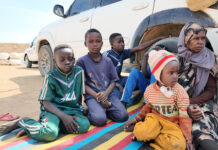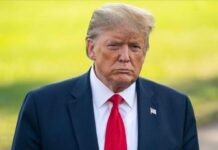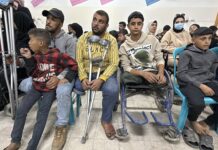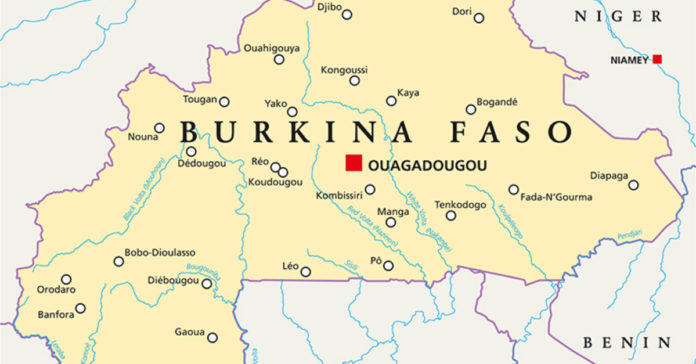
The African Muslim-majority nation of Burkina Faso has taken several steps in recent months to eradicate the influence of the old colonial power France.
A few days ago it expelled correspondents from France’s Le Monde and Libération dailies.
“Our correspondent in Burkina Faso, Sophie Douce, has been expelled from the country … at the same time as her colleague from Libération, Agnes Faivre,” Le Monde said on Sunday.
The women were summoned by authorities on Friday evening and given 24 hours to leave the country. They landed in Paris on Sunday morning, the paper said.
“Le Monde” said it “condemns in the strongest terms this arbitrary decision” and demanded the authorities rescind it.
Burkina Faso government spokesman Jean-Emmanuel Ouedraogo said that “the government strongly condemns these manipulations disguised as journalism to tarnish the image of the country.”
The expulsions marked the latest move against media from former colonial power France by the military powers running Burkina Faso.
Subscribe to our newsletter and stay updated on the latest news and updates from around the Muslim world!
They suspended all broadcasts by FRANCE 24 after the news channel interviewed the head of al Qaeda in North Africa, saying the interview was “part of a process of legitimising the terrorist message and we know the effects of this message in this country.”
FRANCE 24 hit back, saying “the security crisis the country is going through must not be a pretext for muzzling the media.”
In December, the Burkina regime also suspended Radio France Internationale (RFI), accusing the radio station of airing a “message of intimidation” attributed to a “terrorist chief.”
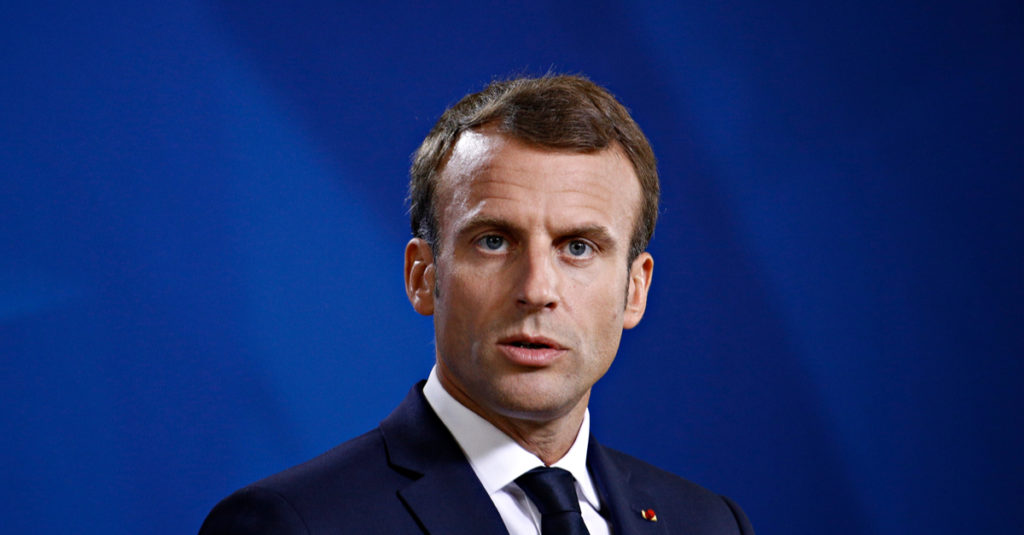
Relations between Paris and Ouagadougou have deteriorated sharply since Burkina Faso’s military seized power in a coup last October.
In March, the Burkina military government scrapped a 1961 accord with France on military assistance. It has since ordered the French ambassador and troops to withdraw from the country.
Burkina Faso, which witnessed two coups last year, is battling an insurgency that spilled over from neighbouring Mali in 2015.
More than 10,000 civilians, troops and police have been killed, according to one NGO estimate, and at least two million people have been displaced.
One major source of tension has been France’s military presence in the region. France has been involved in military operations in Burkina Faso and other countries in the Sahel region, in a supposed effort to “combat terrorism and insurgencies.”
However, many people in Burkina Faso view the French military presence as an infringement on their sovereignty and as exacerbating the conflict.
In addition, there have been accusations of French interference in Burkina Faso’s politics. In 2014, a popular uprising overthrew longtime President Blaise Compaoré, who had been seen as a French ally. France was seen by some as being supportive of Compaoré, although there were also allegations of French involvement in his ouster.
More recently, Burkina Faso has been seeking to diversify its diplomatic and economic relationships, and has been reaching out to other countries such as Russia and China. This may be seen as a move away from its historical ties with France.







